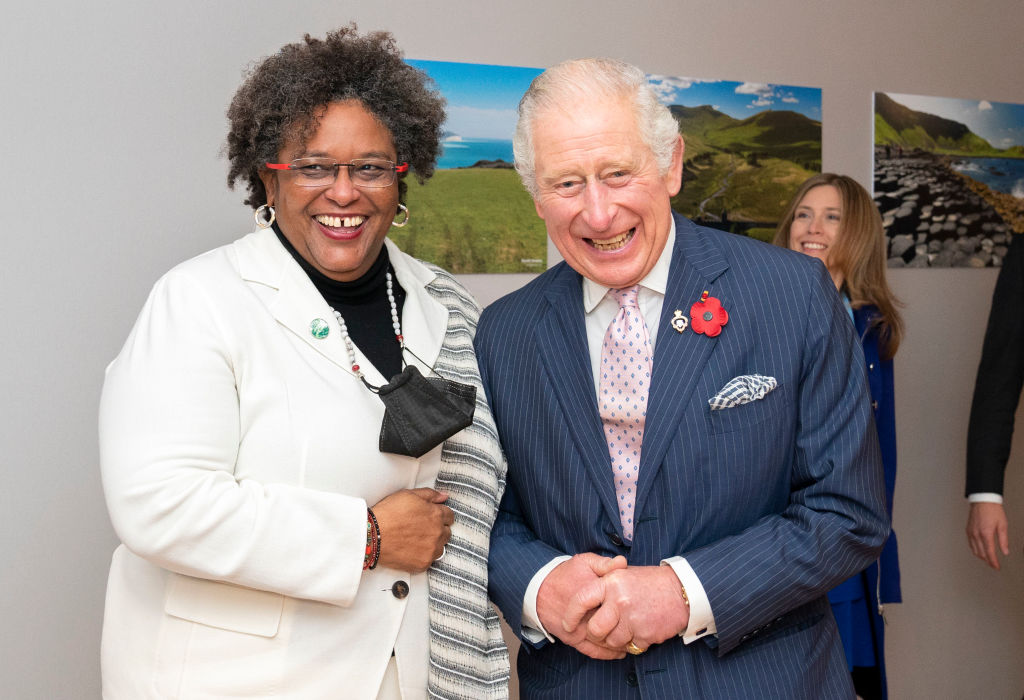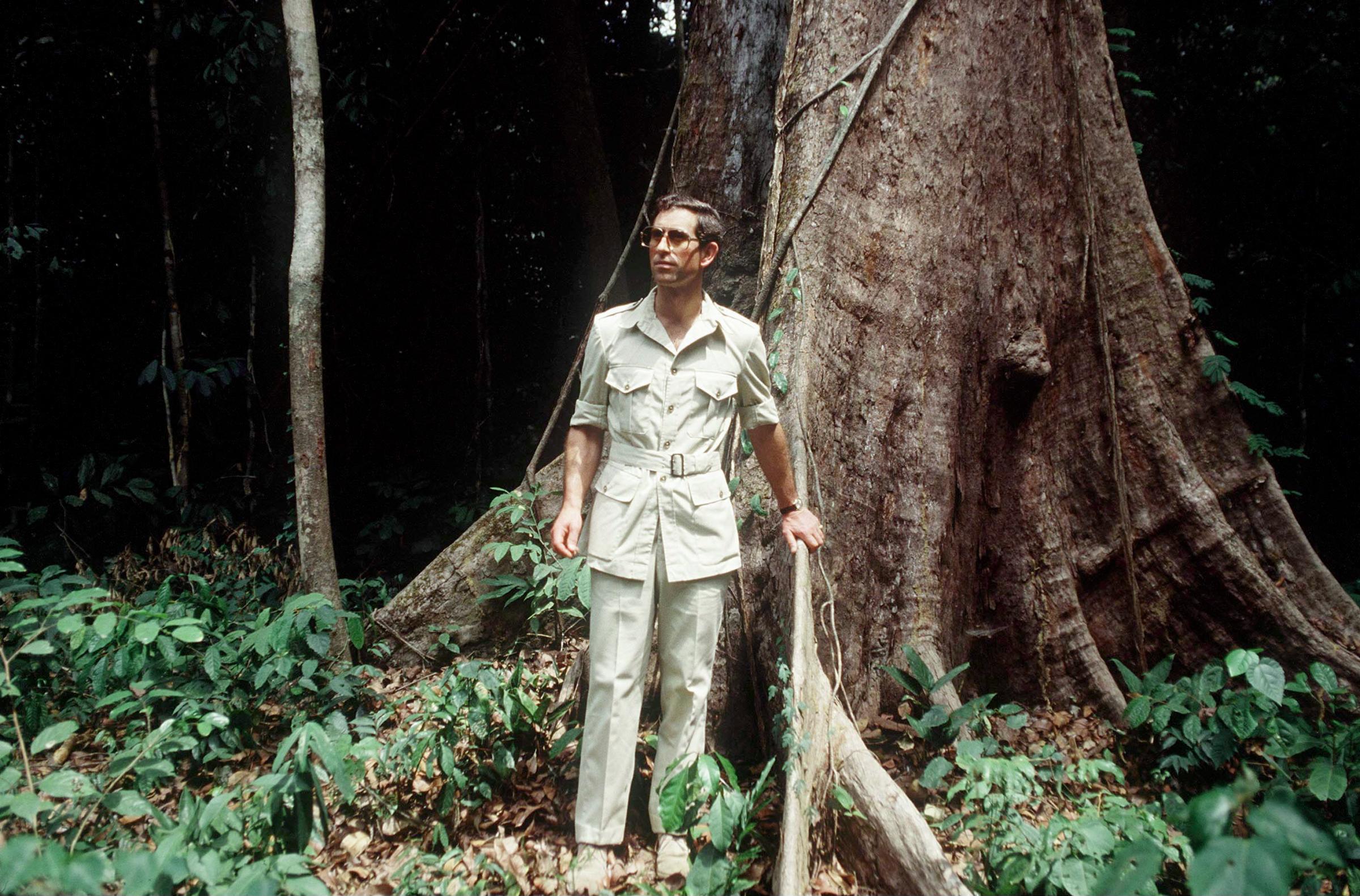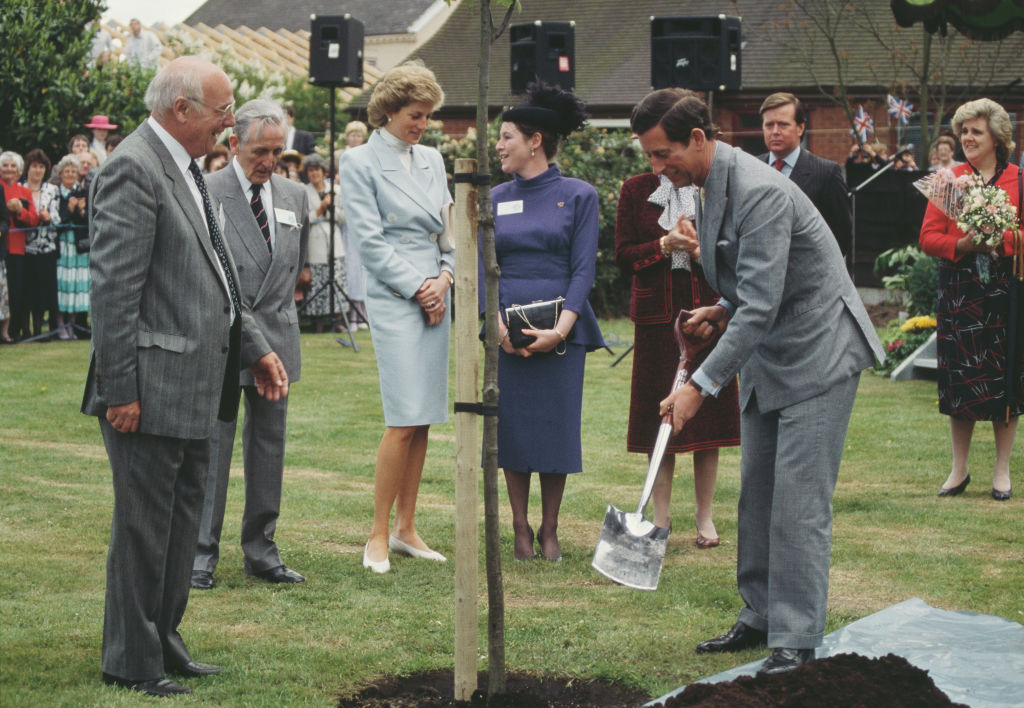For more than half a century, the late Queen’s son Prince Charles—now King Charles III—has beaten the environmental drum with increasing intensity. In his early twenties, he gave prescient speeches on pollution. In his middle age, he founded high profile sustainability initiatives. And in January, at age 73, he issued his most stark call for radical climate action by business and government. “The world is on the brink,” he wrote in an essay. “And we need the mobilizing urgency of a war-like footing if we are to win.”
Those positions could put King Charles III at odds with the government he now serves. Just two days before Charles became King, the U.K. also got a new Prime Minister: Liz Truss. Hailing from the rightwing of the Conservative Party, she was chosen by its members to replace Boris Johnson. Truss has regularly expressed doubt about the U.K.’s renewable energy policies and pledged to ramp up fossil fuel investment. And, most worryingly for environmentalists, she has appointed an energy secretary who has questioned whether climate change is caused by human activity and whether the world should even try to prevent further global warming.
Public clashes between the King and the Prime Minister, though, are very unlikely. While the pair will hold weekly private meetings to discuss government business, the British monarch is a mostly ceremonial role. The King is expected to remain above politics, and strictly avoid sharing his opinions. Queen Elizabeth II was famously successful in that respect, almost never letting slip her view of national or global events during her 70-year reign.

Many expect Charles, an unusually outspoken royal as Prince, to have a tougher time keeping silent—especially when it comes to the climate. He may, advocates hope, find subtle ways to further the environmental agenda, within the confines of his royal role, or to frame the fate of the planet as an issue beyond politics.
“We’re in a situation where the level of threat is far greater than it’s ever been due to the slow pace of the change,” says Ed Matthew, campaigns director at European climate think tank E3G. “As our sovereign it is surely part of his duty to help ensure that the U.K. is protected from future threats.”
A Climate King
Environmentalism was the cornerstone of Charles’ public identity as Prince of Wales. Starting in the 1970s, he gave speeches highlighting air pollution, plastic waste, oil spills, and industrial agriculture, and convened meetings with world leaders to discuss those threats. He founded a charity focused on making the financial world more sustainable in 2004, and another in 2010, dedicated to regenerative farming. In interviews, the Prince often touted his personal efforts to lead an eco-friendly life—including limiting his meat consumption and, famously, powering his Aston Martin with waste from wine and cheese-making. Such attitudes, expressed long before green issues became part of mainstream public discourse, have sometimes been seen as eccentric in the British press. “I was considered rather dotty, to say the least,” he said in 2020 of his early campaigning.

Some activists, however, say there are major holes in the King’s environmental philosophy. He continues to use highly polluting private jets, for example. And in a 2010 speech at Oxford University, he cast population growth in Africa and other developing regions as a “monumental” challenge for the planet—an idea repeated by his son Prince William last year. Given that people living in Africa make a tiny contribution to greenhouse gas emissions compared to residents of countries like the U.K., these kinds of “overpopulation” arguments arguably carry racist undertones.
Still, British political analysts say that Charles has been hugely helpful for the environmental cause in the U.K. He is part of the royal family, an institution revered by U.K. conservatives. As a result, he has helped climate action to achieve greater bipartisan acceptance than in the U.S., says Craig Prescott, a constitutional law expert and lecturer at Bangor University. “He created a space for it to become part of our discourse in a much easier way. It hasn’t been as controversial as it might have been.”
The U.K. Government’s Record
If King Charles III is a “climate King,” as some environmental news outlets have optimistically labeled him, Liz Truss is definitely not a “climate Prime Minister.” Commentators say she has shown strikingly little interest in the issue during her 12 years in parliament, despite serving as environment secretary from 2014 to 2016. Truss has promised to “double down” on the U.K.’s existing 2050 net-zero emissions goal. But campaigners have serious doubts about her commitment to the drastic actions needed to reach it. The U.K.’s green party dubbed her a “disaster” for the climate.
While campaigning for Conservative Party leadership this summer, Truss expressed concern about solar panels “filling” the country’s fields—they occupy 0.1% of U.K. land mass—and promised to scrap green taxes on energy bills.
In her first week as Prime Minister, Truss announced a plan to overturn the U.K.’s ban on fracking, which carries risks to both local landscapes and the national effort to decarbonize. She then chose Jacob Rees Mogg, one of the few climate skeptic lawmakers in mainstream British politics, to lead the energy ministry. Mogg immediately said he would solve the U.K.’s energy price crisis by facilitating new domestic fossil fuel projects to extract “every last cubic inch of gas” from the U.K.’s North Sea reserves. Energy experts say that strategy will have no impact on prices because of the multi-year lead times to get such projects off the ground, and the U.K.’s exposure to the global energy market.

The King’s Limited Role
King Charles III will almost certainly not attempt to block any of Truss’ individual environment-related policies. Under the U.K.’s constitutional monarchy, the King or Queen is bound to act on the wishes of the government, Prescott says. The monarch must give royal assent to every piece of legislation passed by parliament, but it would be unthinkable, in modern times, for them to refuse that assent.
Even the kind of campaigning Charles did as Prince—urging climate action without advocating specific government policies—would likely be controversial now that he is King.
Charles made clear that he is aware of the strictures of his new role in his first speech as monarch on Saturday. “It will no longer be possible for me to give so much of my time and energies to the charities and issues for which I care so deeply,” he said.
Instead, he hinted that he hopes Prince William, on taking up Charles’ old title as Prince of Wales, will also take up his campaigning role, “to continue to inspire and lead our national conversations, helping to bring the marginal to the center ground where vital help can be given.” Prince William has already staked his interest in climate change in recent years: in 2020 he founded a climate innovation prize and in 2021 he criticized private space exploration as a waste of resources that could instead be used “to repair this planet.”
Space for Influence
That said, there are two key areas where King Charles III may use his role to fight for the climate. First, he will play a key diplomatic role. Since few business and government leaders will refuse an invitation to Buckingham Palace, he will be able to convene—as he has already done as Prince—powerful players in the energy transition. He will also play a key role in the hosting of state visits for foreign leaders. In theory, that gives him the opportunity to at least try to find common ground on the environment in conversation with foreign dignitaries.
Second, he will hold weekly meetings with Truss—audiences that function like company briefings for a board chairman, Prescott says. Truss will inform him of the day-to-day business of her government and its performance. Though he doesn’t have any control over the country, the King may raise questions about its long-term strategy. “By all accounts, what the Queen did was sometimes test and probe what the Prime Minister was saying or what the government policy was,” says Prescott, “rather than saying ‘I disagree’ or ‘I think that’s wrong.’”
Matthew, of E3G, says there is space for influence even as Charles toes that line of neutrality. “It would be within his rights that he would ask questions of Liz Truss, about whether she thinks that her policies are going to address the long term threats facing the U.K.—to remind her of that responsibility—without telling her what policy she must or must not support.”
The King, then, may be a small silver lining on the U.K.’s climate horizon, Matthew says. “He is more educated about these issues than almost any living politician. I think that makes us incredibly lucky to have him.”
More Must-Reads From TIME
- The 100 Most Influential People of 2024
- The Revolution of Yulia Navalnaya
- 6 Compliments That Land Every Time
- What's the Deal With the Bitcoin Halving?
- If You're Dating Right Now , You're Brave: Column
- The AI That Could Heal a Divided Internet
- Fallout Is a Brilliant Model for the Future of Video Game Adaptations
- Want Weekly Recs on What to Watch, Read, and More? Sign Up for Worth Your Time
Write to Ciara Nugent at ciara.nugent@time.com